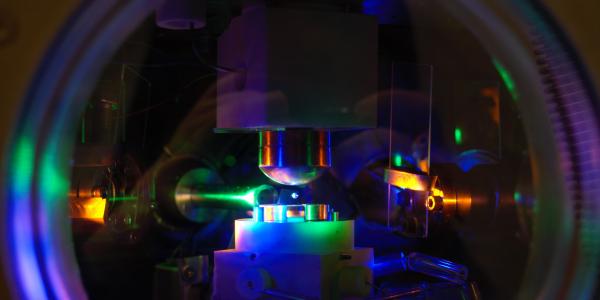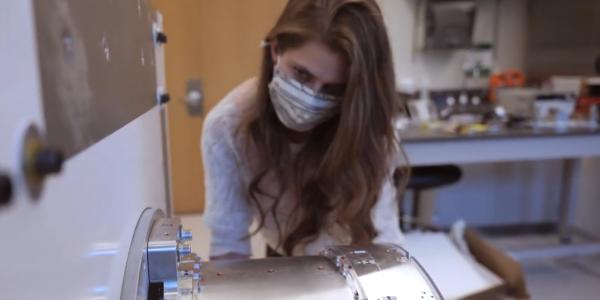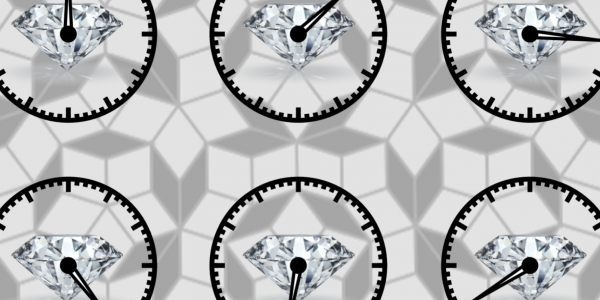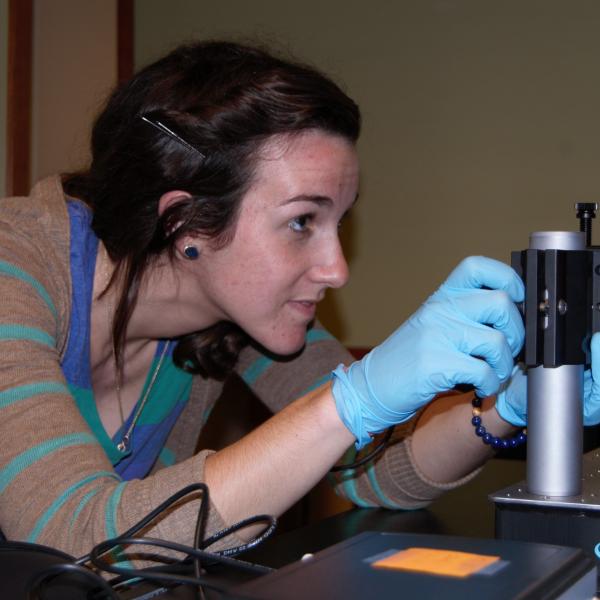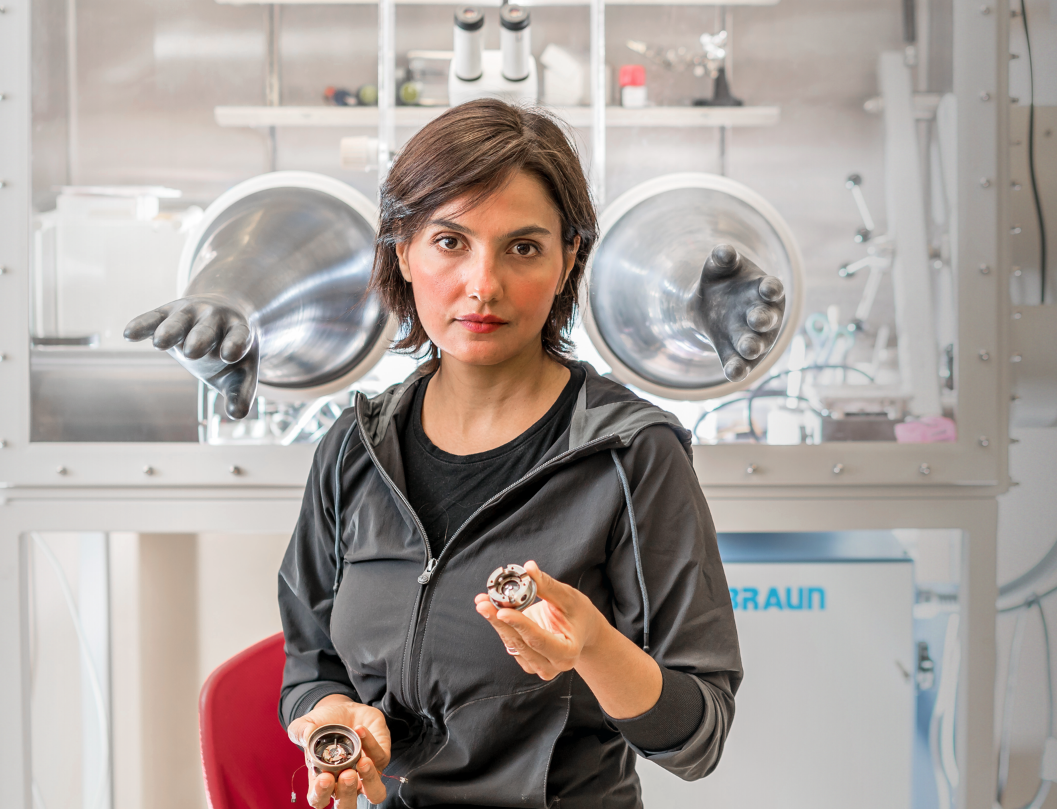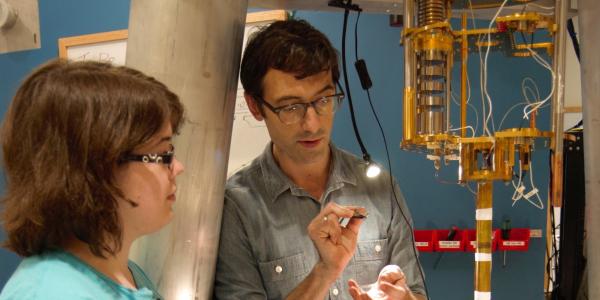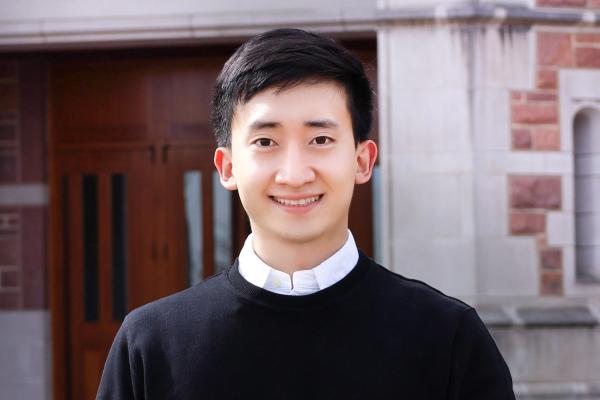PhD Students:
Students who are admitted to the PhD program in Physics receive a complete financial support package including full tuition and a stipend/salary for the academic year. Financial support is guaranteed by the department for the first five years for students who are making satisfactory progress towards their PhD. Below are some of the fellowships for which students may qualify.
Masters Students:
Students admitted to the Masters program in Physics pay the standard graduate tuition.
University Fellowships
University Fellowships provide full tuition and stipend support for Fellows during their first four semesters. During their second and third semesters, Fellows typically devote about 15 hours per week to a Mentored Teaching Experience. Summer support may be provided by a Hughes Research Fellowship or by one of our research groups.
Research Assistantships
Research Assistantships are given to continuing students who are in good academic standing and making satisfactory progress toward their degree. These assistantships provide full tuition and salary support for students, who devote the majority of their time to a Mentored Research Experience.
Arthur Holly Compton Graduate Fellowships
Each year the Physics Department will be able to award one Arthur Holly Compton Graduate Fellowship to a particularly outstanding first-year student. The Compton Fellows receive a substantially enhanced stipend during their first academic year (including summer months). The Compton Fellowships are named for Arthur Holly Compton, who was awarded the Nobel Prize in Physics for fundamental research that he carried out on this campus while he was a Professor of Physics at Washington University.
The Dean’s Distinguished Graduate Fellowships in Arts & Sciences have been created to enhance the recruitment of and to recognize some of our most outstanding incoming graduate students. This program will support incoming PhD students with the promise of exceptional academic distinction; with a demonstrated interest to advance the public good; and who will contribute to the diversity and intellectual vitality of our university community.
The McDonnell Center for the Space Sciences offers graduate fellowships for the nine-month academic year with a stipend plus tuition remission, for students interested in working in the space sciences or astrophysics. Renewals for a second and third year are contingent upon satisfactory progress and continued involvement in the space sciences or astrophysics. For one 3-month summer, McDonnell Fellows have the option of engaging in research with one of the space sciences or astrophysics research groups.
This fellowship was established in 1974, preparing elite women in graduate study to serve and lead at the highest levels of society. The fellowship provides exceptional resources and support to academically and artistically talented women in graduate study who will contribute to the fellowship and grow our network of fellows and alumnae.
This fellowship was established in 1991, to provide academic, professional, and personal support for academically excellent graduate students interested in enhancing diversity at Washington University and in the professoriate.
Arthur L. Hughes Fellowships
These fellowships were named in honor of a distinguished former chairman of the Department of Physics. A small number may be awarded annually to first-year graduate students who have demonstrated outstanding academic performance and who show unusual promise as prospective Ph.D. candidates in physics. Hughes Fellows receive an enhanced stipend during their first academic year.
The McDonnell Academy affirms the United States’ interest in attracting talented international and domestic students for advanced educational experiences and allows the university to learn more about the global community. To ensure the highest quality, the Academy is focused and small, involving a limited number of Scholars and Partner Universities. The Academy provides scholars tuition and a living stipend.
To support outstanding Taiwanese students in PhD degree courses at Washington University in St. Louis, the Taiwan Ministry of Education offers fellowships to citizens of Taiwan who have graduated from any university in Taiwan. The MOE Fellowship provides 50% of the tuition ad 50% of the living stipend for each awardee for up to four years.
Applicants for this fellowship must be citizens of the People’s Republic of China and a graduate of any university in China (Hong Kong and Taiwan residents are not eligible) and apply to a PhD program at Washington University. The China Scholarship Council – Wash U Fellowship program will provide each awardee 50% of their tuition and 50% of a living stipend for up to four years, as well as a one-way ticket to St. Louis for settling in and a round trip airline ticket to their Chinese alma mater each year after completion of the first full year of study, as long as the student is in good academic standing.

